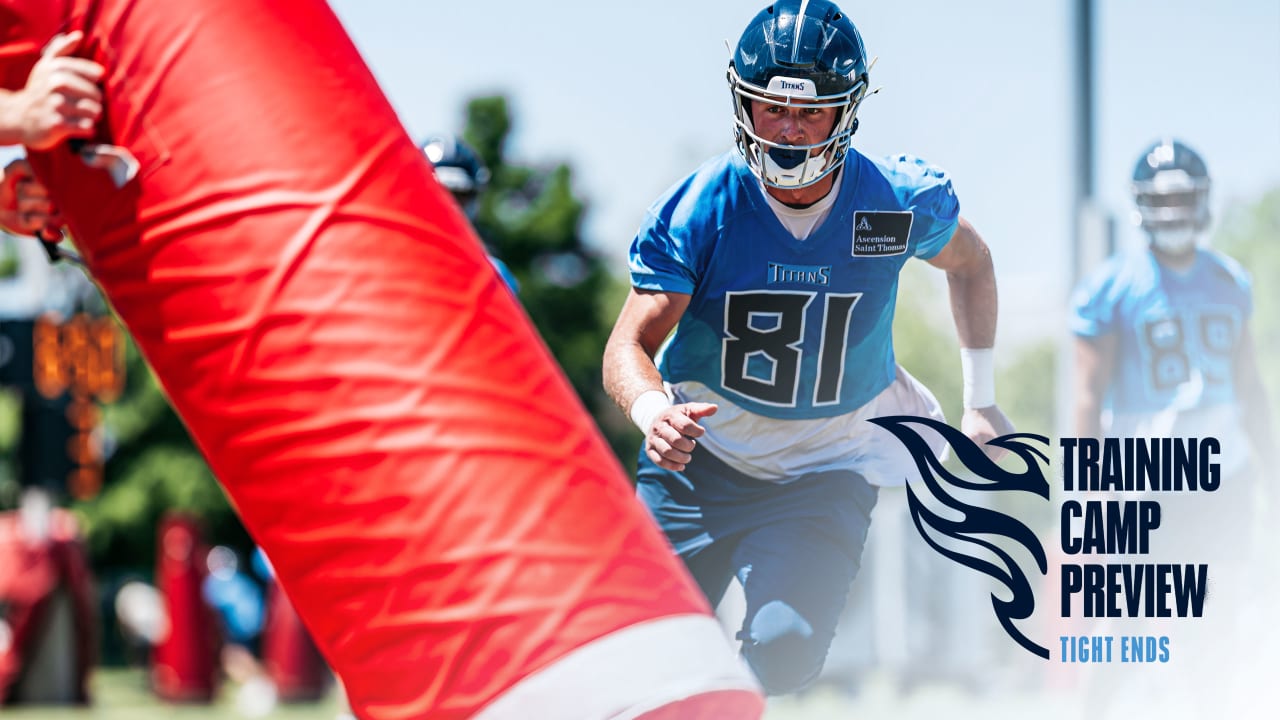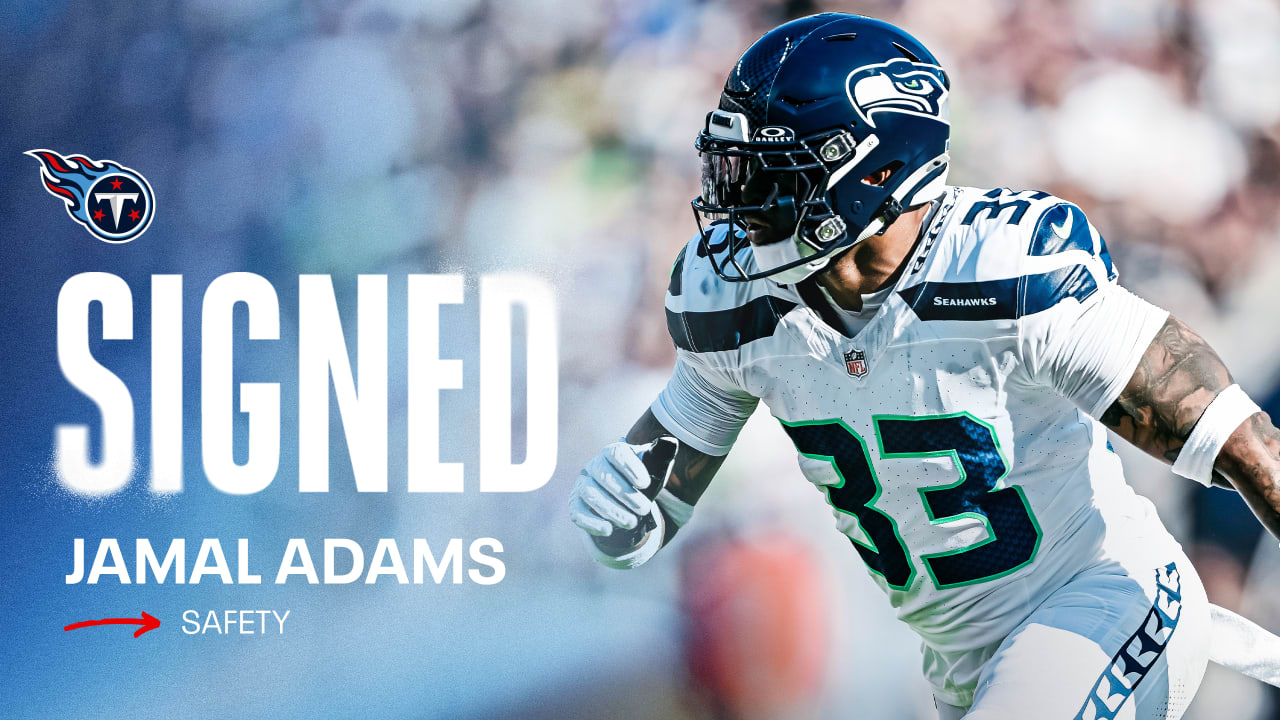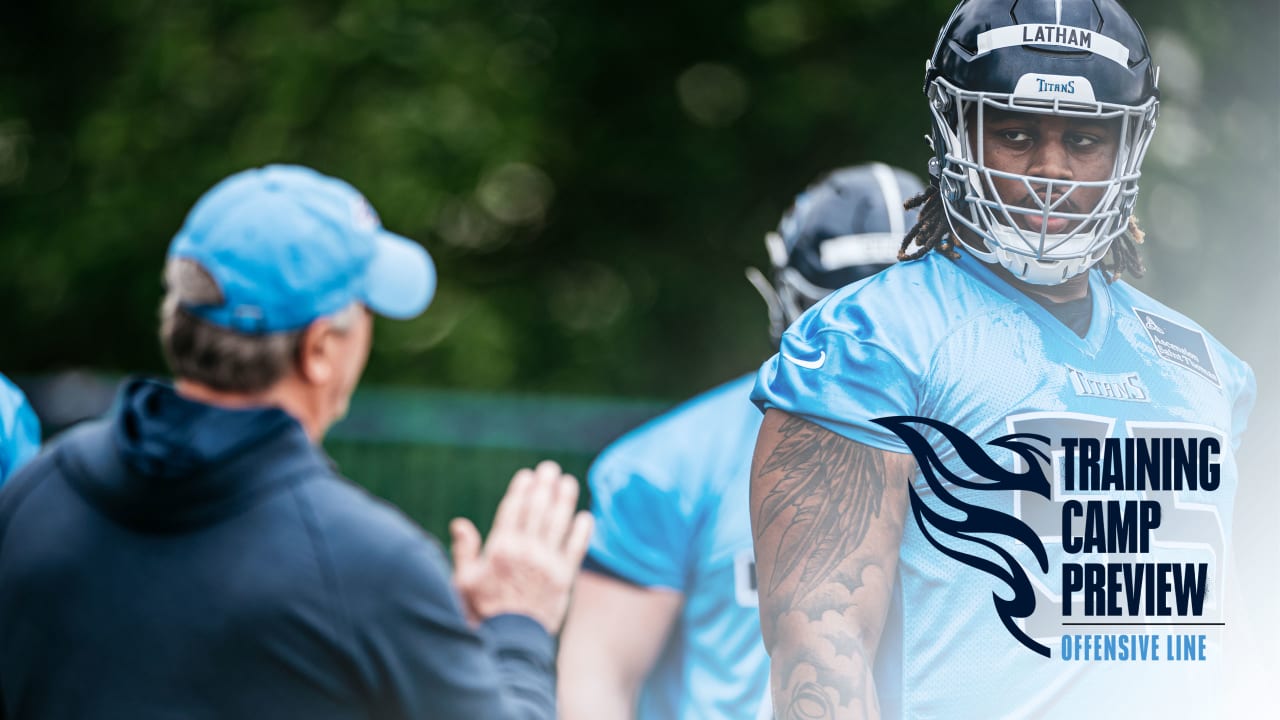Being a prolific musician in an era of streaming has become par for the course. But Gustavo Santaolalla is not your run-of-the-mill prolific artist.
At 69 years old, the Argentine Grammy-winning producer and double Oscar winner (for the scores to Brokeback Mountain and Babel) is in the midst of creating music for many screens and mediums. Santaolalla is the executive producer of the docuseries Rompan Todo: La Historia del Rock en América Latina (Break Everything: A History of Rock in Latin America), which premieres Dec. 16 on Netflix. Together with Paul Williams and Gary Clark, he penned the original song “Valley of Last Resort” from the documentary Freak Power: The Ballot or the Bomb, which follows journalist Hunter Thompson (Santaolalla also performs the track with Clark).
He wrote the music for Sony Playstation’s The Last of Us Part II and is nominated for best score and music at The Game Awards. Santaolalla also produced the music for Los Tigres del Norte, Live from Folsom Prison, the acclaimed concert and Latin Grammy-winning concert/documentary. And last, but not least, Aura (Sony Latin), his lush, 2019 album with his musician’s collective, Bajofondo, is up for a Grammy in the Best Latin Rock or Alternative album, where he competes against Cami (Monstruo), Lido Pimienta (Miss Colombia), Fito Paez (La Conquista del Espacio) and Cultura Profética (Sobrevolando).
The critically acclaimed Bajofondo, an instrumental ensemble which sometimes performs with guest vocalists, is known for its atmospheric, electronica-tinged take on tango and other rhythms, mostly from Argentina and Uruguay. You’ve heard the music in many a film.
In a rare moment of rest in between takes in his Los Angeles home, Santaolalla spoke with Billboard about what it means to be a Latin rocker today.
You’re writing music for video games, but at the same time, you have four Netflix projects and you continue to score films. What’s the biggest difference in writing for those different mediums?
Since I’m not an academically trained musician, I approach film scores in a different way. I like to write the music from what I read; with the script and a conversation with the director as the starting point, before I see anything. Much of my music for films was done before the movie was even shot. The biggest example is Brokeback Mountain; I wrote the entire score before a single frame was shot. Video games are similar. It takes them years to do the renderings. I worked on this one for three years. It’s such a long and expensive project that a lot of time goes by before they make decisions. [Director] Neil Druckmann has told me there are scenes he’s written with the music as a departure point.
Brokeback Mountain is such a sparse film and such a sparse score…
Very minimalist. And it uses silence a lot. That film gave me the opportunity to really expand on that. There’s a lot of silence in those characters and those landscapes. And [director] Ang Lee embraced that concept of silence, which is part of my style. I believe silence can be eloquent and say so much. It’s almost as important as playing a note. When that happens, and you’re watching a movie, it sucks you in.
Such a contrast between that and your Grammy-nominated Aura. It’s such a rich, layered album.
What was amazing about Aura is we’ve been developing a “Bajofondo” language. It has to do with the rhythms, with the guitars and the bandoneon. And in this album, we took a risk, which was improvising. Each of the songs is born from an idea someone brought to the table and then we improvised. That’s why the tracks are so long; some are even six minutes long. It was a gamble. The band is 15 years old and we’ve never gotten stuck in a formula and we try to go beyond our comfort zone.
When you make a Bajofondo album, who is the music for?
In some degree it’s always first for us. It’s making music we’d like to hear but doesn’t exist yet. And afterward, it’s for everyone. As an artist, you want to reach everyone, and you want your work to be timeless. I reach a younger audience with the video games, and an older audience that loves tango loves Bajofondo. It’s all ages.
Your Grammy nomination comes at a time when Latin music is at an unprecedented high in terms of consumption and perception at a global scale. Does it feel different to you?
It feels great and at the same time it’s so organic. It has to do with our connection as a culture with the United States. The concept of “America.” For us [Latinos], America is a continent, not a country. So we have an almost incestuous relationship with the United States. A large part of the United States used to be Mexico. A lot of the U.S. DNA is Latin and we all know the penetration the U.S. has throughout the world. As part of that penetration, the U.S. takes that Latin chromosome to the entire world. And our culture is very rich and very inviting, very seductive. Other cultures can be beautiful and interesting but ours is very emotional.
Would it frustrate you that Latin music couldn’t really grow in the United States before?
Yes. I always thought we have talent that’s equally good as that of the mainstream. And since rock and alternative feeds on the sociopolitical context, and our Latin context is so rich in Latin America, where you live politics all the time, it generates a cauldron of activity. I always thought, how can we make albums that are as good as theirs? And having been able to come here and learn allowed me to do that. David Byrne has said the future of rock is in the Third World. And I believe us Latins are at the forefront of that.
Talking about rock, our Latin rock seems to be on pause. How does your documentary tackle it?
I wanted to tell the story in the context in which it took place, which was the sociopolitical reality of our countries. In Argentina, I was jailed simply because I had long hair and played rock. We had a military junta in Argentina; in Chile they had Pinochet. The same thing happened throughout Latin America. And when you see Chile today and Mon Laferte goes onstage and says she’s afraid the carabineros will go to her house and people sing, “You’re not alone!,” That’s a big deal to me. I just did a documentary on Hunter Thompson and when you see the footage of police repression against African Americans and you see the scenes in Portland today, things are the same. It was very important to me to tell our story but show where it took place. Show the people who wanted to confront, with music, a system we considered unfair.
Do you see a return of a Latin rock movement?
I see the energy of rock. And with the pandemic, sales of electric guitars have risen — and specifically the sale of electric guitars to women. I think part of the future of rock is in women and in the Third World.
How important would it be for you to win this Grammy?
Very. It was hard to make this album and I love awards. I’d be lying if I said they didn’t matter. Of course, being nominated alone is great. But having your work recognized and feeling you connected with people is a wonderful thing.











